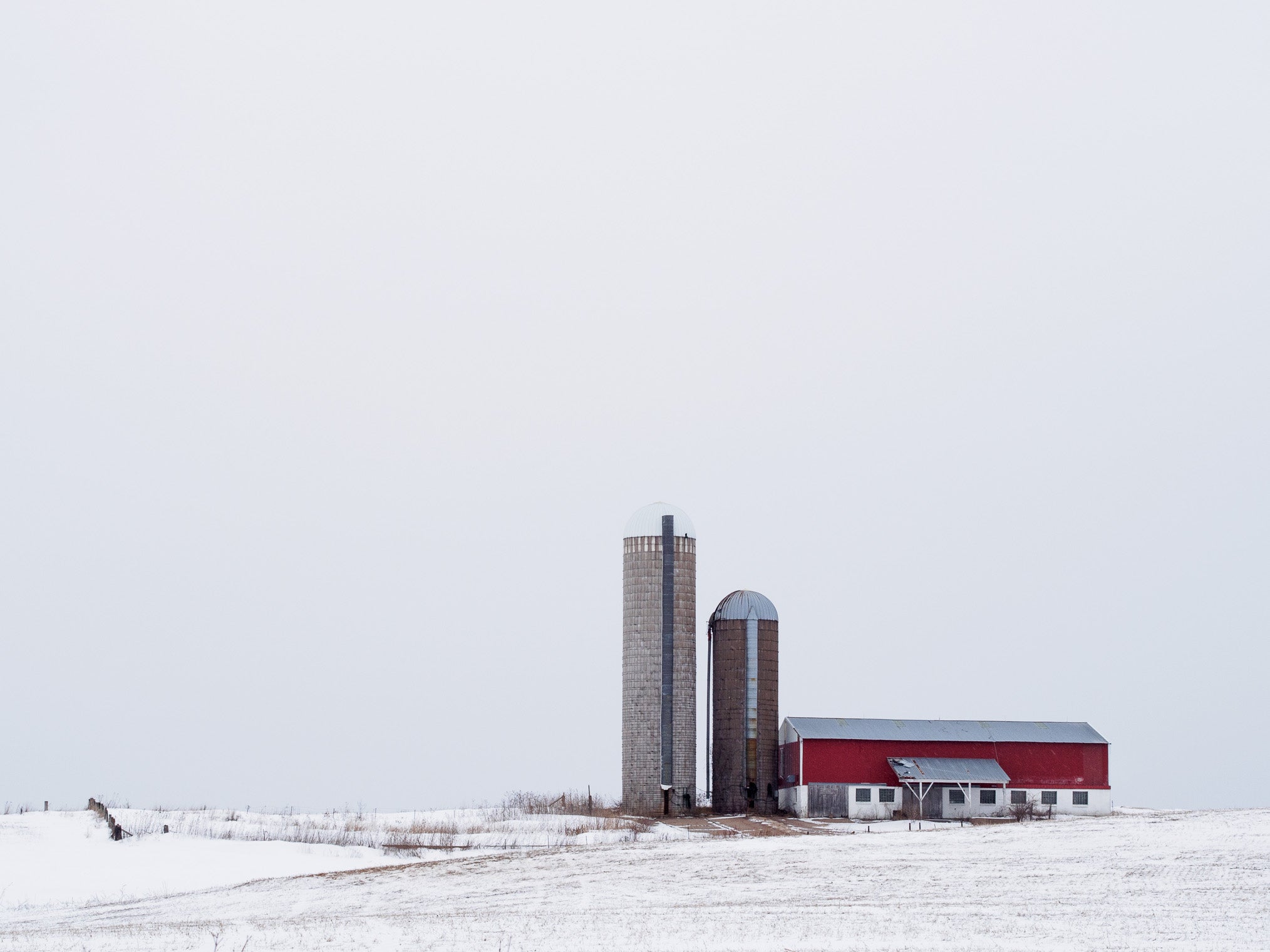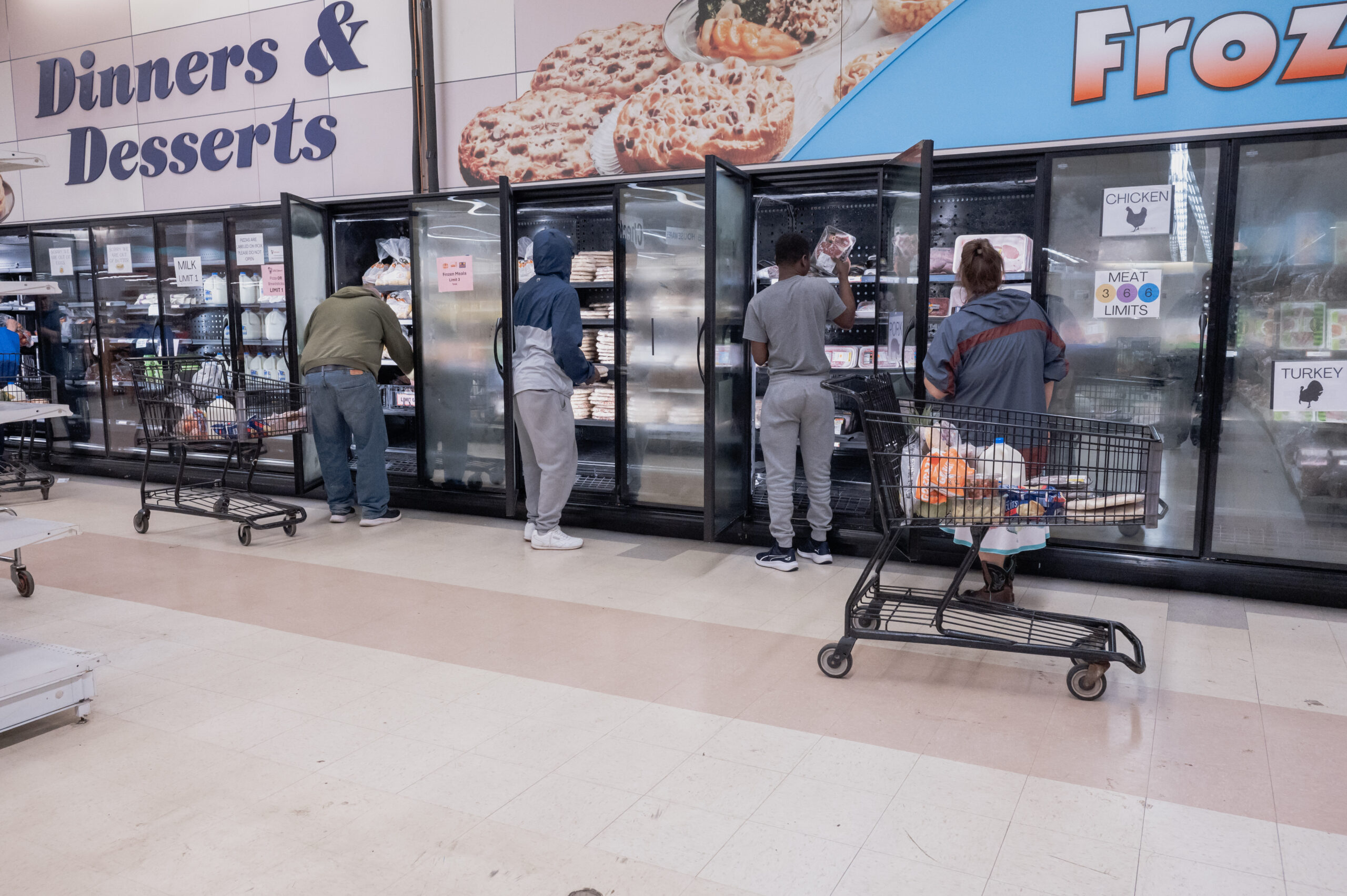The legislature passed bills yesterday that limit the ways poor people can use food stamps, including one that would restrict junk-food purchases.
The proposal by Assemblyman Dean Kaufert (R-Neenah) would require two-thirds of a food stamp recipient’s benefits to be spent on a preapproved list of healthy foods. The federal government would have to OK the proposal, something that’s eluded other states.
Kaufert told reporters Wisconsin should be a test case.
Stay informed on the latest news
Sign up for WPR’s email newsletter.
“We’re not banning anything. We’re not changing eligibility, we’re not being punitive. We are saying: ‘With your money, people can buy what they want; with taxpayer money, we should be able to provide some guidelines.’”
The list of what’s healthy and what’s not would be a work in progress, but right now the junk food list includes free-range eggs, and even sharp cheddar. During debate on the Assembly floor, Andy Jorgensen (D-Fort Atkinson) told Republicans that could put them on the dairy industry’s bad list: “You don’t want to be on that list. You want to be on the good list on this one. You want to say, ‘I love Wisconsin cheese.’”
Still, Jorgenson and a dozen other Democrats voted yes on the bill, which passed the Assembly on a 68-26 vote.
Also Tuesday, the Wisconsin Senate sent a bill to the governor’s desk that would criminalize food stamp trafficking. Republicans like Rick Gudex (R-Fond du Lac) said it was needed to preserve the integrity of food stamps: “If we continue to let fraud go rampant within this program, the solvency of this program is in question.”
That plan got a broad bipartisan vote, if not an enthusiastic one. Said Jon Erpenbach (D-Middleton): “I voted for this bill in committee because it’s like, whatever. I mean really seriously, whatever.”
Erpenbach said the bill doesn’t do “much of anything at all” and the state was only passing it because the federal government asked it to. Prosecutors say they use laws already on the books to prosecute food stamp fraud right now.
Wisconsin Public Radio, © Copyright 2024, Board of Regents of the University of Wisconsin System and Wisconsin Educational Communications Board.





